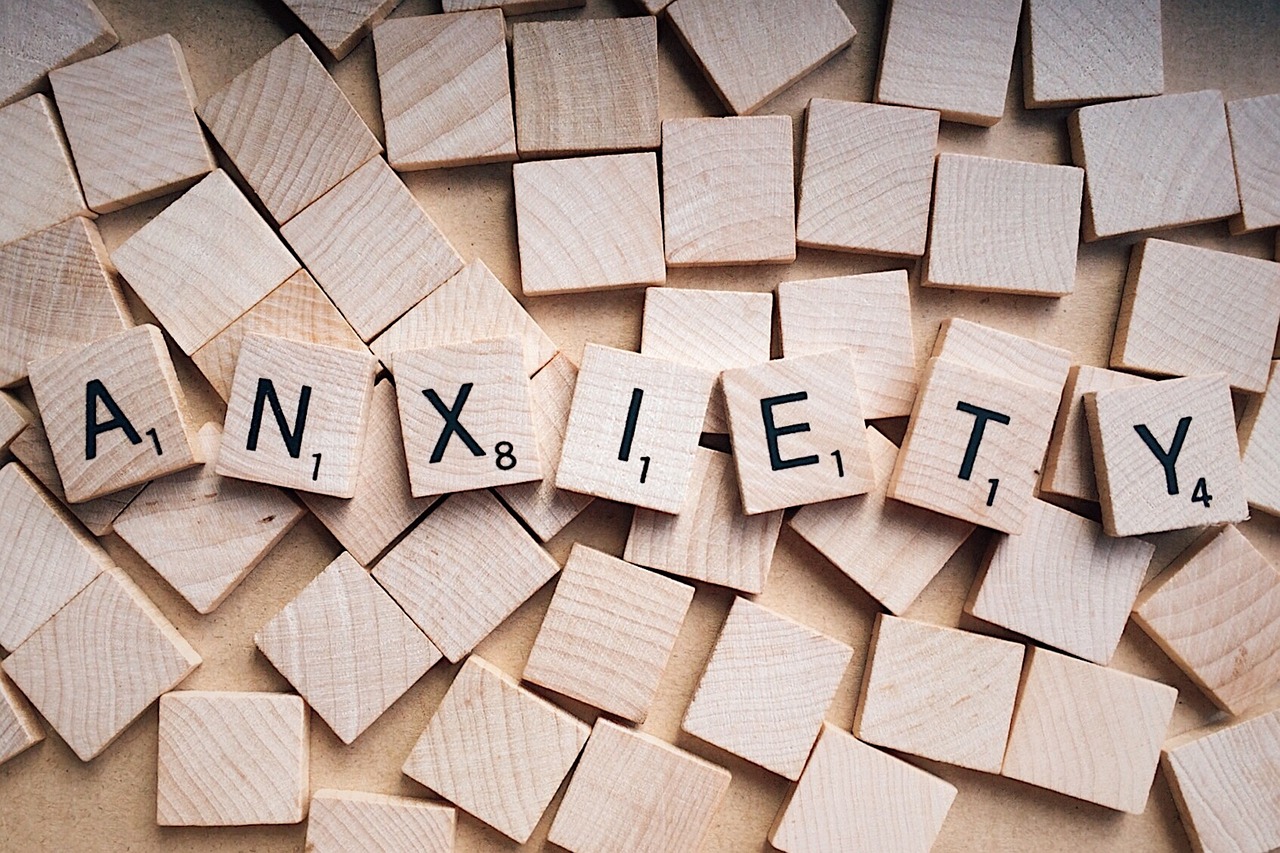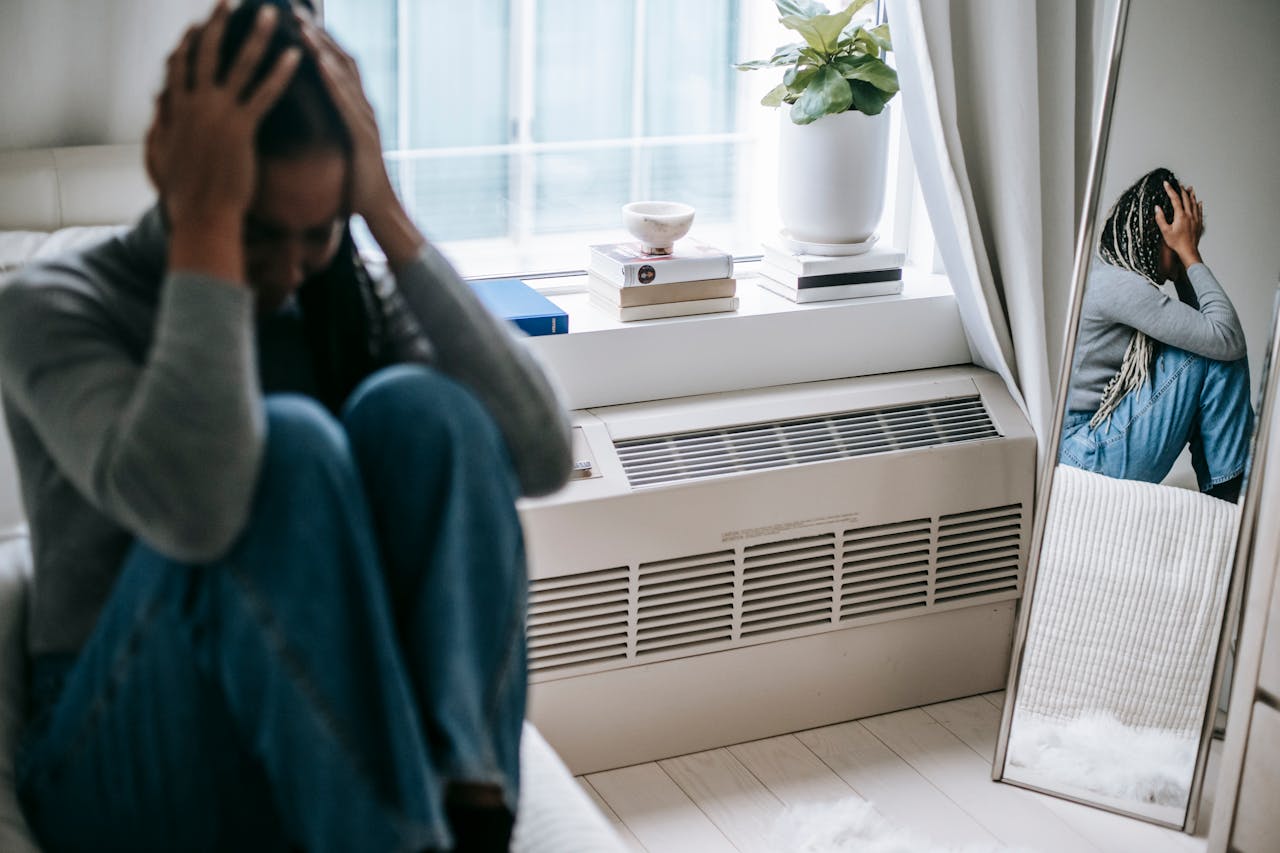In today’s fast-paced world, anxiety is an everyday companion for many. But understanding its roots and how it manifests is the first step to gaining control. Anxiety is a natural stress response often experienced as a combination of physical sensations—such as a racing heart or shortness of breath—and mental strain. Understanding anxiety’s triggers and symptoms allows you to anticipate these moments rather than be caught off guard. This knowledge forms a foundation of empathy and self-awareness, guiding you toward better self-care practices and proactive management strategies.

Building Your Toolkit Learning Practical Strategies for Everyday Peace
Managing anxiety doesn’t require an arsenal of complex techniques. Often, the most straightforward tools are the most effective. Incorporating breathing exercises can reduce stress and promote relaxation. Start by practicing deep breathing. This practice can be done anywhere, anytime, and it helps to calm your mind and body.
Another powerful yet straightforward technique is grounding. Grounding can help with anxiety treatment by bringing your mind back to the present, especially when anxiety attempts to pull you into a whirlwind of “what-ifs.” Try focusing on your immediate surroundings, identifying five things you can see, four you can touch, three you can hear, two you can smell, and one you can taste.
Regular physical activity is another practical strategy that must be considered. Exercise releases endorphins, known as “feel-good” hormones, that naturally improve your mood and reduce anxiety. Whether it’s a morning jog, yoga, or a dance class, find activities you enjoy and can commit to regularly. Physical movement serves as a mental escape and a reminder of your physical power.
1. Cultivating a Support Network Surround Yourself with Positivity
Anxiety can sometimes feel like a solitary experience, but reaching out to others is crucial. Building a support network of friends, family, or professionals can provide encouragement and perspective. Sharing your struggles with trusted individuals can lighten the emotional load and offer new insights into your challenges.
Consider joining a support group in person or online, where people with similar experiences gather to share and support one another. These groups provide a safe space for expressing emotions without judgment and gaining valuable coping strategies from others who understand your situation.
Professional help, such as therapy or counseling, is also invaluable. A therapist can offer tools tailored to your needs, helping you develop resilience and emotional strength. Don’t hesitate to seek help if you feel overwhelmed—a professional guide can be instrumental in navigating anxiety’s complexities.
2. Nutrition and Wellness Fueling Your Body for Mental Clarity
Certain foods, like caffeine and sugar, can exacerbate anxiety symptoms. Try to minimize these in your diet, opting for calming teas like chamomile or green tea, which have soothing properties. Staying hydrated is also crucial—water aids in maintaining optimal bodily functions and mental clarity. Remember, nurturing your body with the proper nutrients is an act of self-love that pays dividends in your mental health.
3. Rest and Recharge Prioritizing Quality Sleep
Sleep and anxiety share an intricate relationship. Poor sleep can heighten anxiety, while stress can disrupt sleep patterns, creating a challenging cycle to break. To regulate your body’s internal clock, aim to go to bed and wake up at the same time each day, even on weekends. Keep your bedroom cool, dark, and quiet to create a sleep-friendly environment. Engage in relaxing activities that let your mind settle, ensuring a restful night’s sleep.
4. Balancing Technology Managing Screen Time for Mental Peace
In our digital age, technology can both connect and overwhelm. Managing your digital consumption is critical to maintaining mental peace. Set boundaries for screen usage, especially during social interactions or family time. Allocate specific times to check emails or social media, and stick to these limits. This discipline helps reduce the constant influx of information that can lead to mental fatigue. Explore the digital detox concept by taking periodic breaks from screens altogether. Use this time to engage in activities that nourish your soul, such as reading, painting, or spending time in nature. These moments of unplugging allow you to recharge and gain a fresh perspective, free from the constant barrage of notifications.
5. Finding Joy and Laughter Injecting Positivity into Your Day
Laughter truly is medicine for the soul. Finding joy in everyday moments can significantly alleviate anxiety, offering a sense of lightness and perspective. Spend time with people who uplift and inspire you. Sharing laughter and connection with loved ones creates positive memories and strengthens bonds. These interactions buffer against anxiety, reminding you of the joy beyond your worries. Cultivate gratitude by journaling about things you’re thankful for each day. Focusing on the positives, no matter how small, shifts your mindset from anxiety to appreciation. Over time, this practice rewires your brain to seek joy rather than stress, fostering a more positive outlook.
6. Setting Realistic Goals Creating Achievable Milestones
No matter how minor, each accomplishment builds your confidence and reinforces your ability to handle challenges. Use the SMART criteria—Specific, Measurable, Achievable, Relevant, and Time-bound—to define your goals clearly. This framework provides structure, allowing you to track progress and celebrate successes. Remember, the journey is as important as the destination. Balance ambition with self-compassion. Be kind to yourself if things don’t go as planned. Life is full of unpredictability, and setbacks are natural. Instead of fixating on perceived failures, view them as opportunities for growth and learning. This mindset shift empowers you to keep moving forward with resilience.
7. Creative Expression Channeling Anxiety into Art
Creative expression offers a unique outlet for processing emotions, transforming anxiety into art. Whether through writing, painting, music, or dance, creative activities enable you to explore and release your feelings safely and constructively. Start by experimenting with different forms of expression to discover what resonates with you. You may find solace in journaling your thoughts or lose yourself in the rhythm of a dance. Art therapy, in particular, has gained recognition for its therapeutic benefits in managing anxiety. Consider participating in art classes or workshops where you can create in a supportive environment—the creation process fosters mindfulness and encourages you to stay present and connected with your inner self.

Living with anxiety is an ongoing process of self-discovery and growth. By implementing practical strategies and cultivating a supportive environment, you can regain control over your mental health and lead a more fulfilling life. Continue to explore and customize these techniques to suit your unique needs and lifestyle. Incorporating self-care into your daily routine empowers you to face challenges with resilience and grace. If you’re seeking further guidance, consider contacting mental health professionals who can provide insights tailored to your situation. You are not defined by anxiety; instead, you have the tools to redefine your relationship with it, paving the way for a brighter, more peaceful future.



